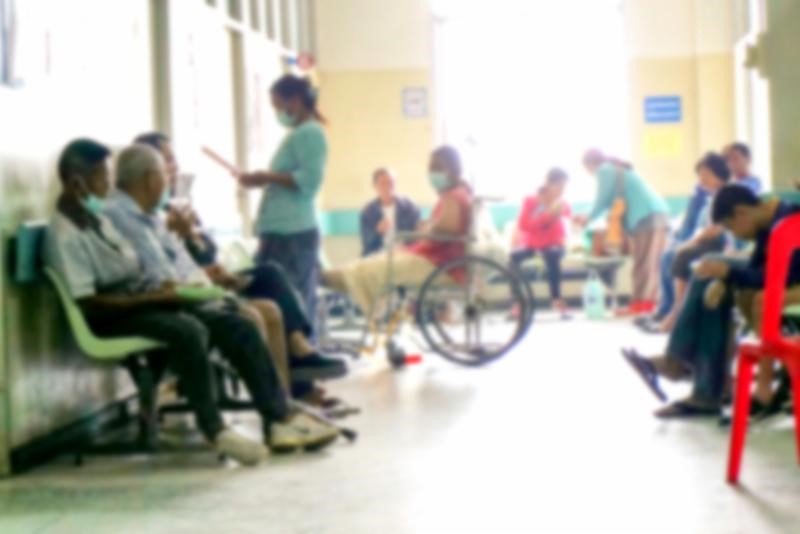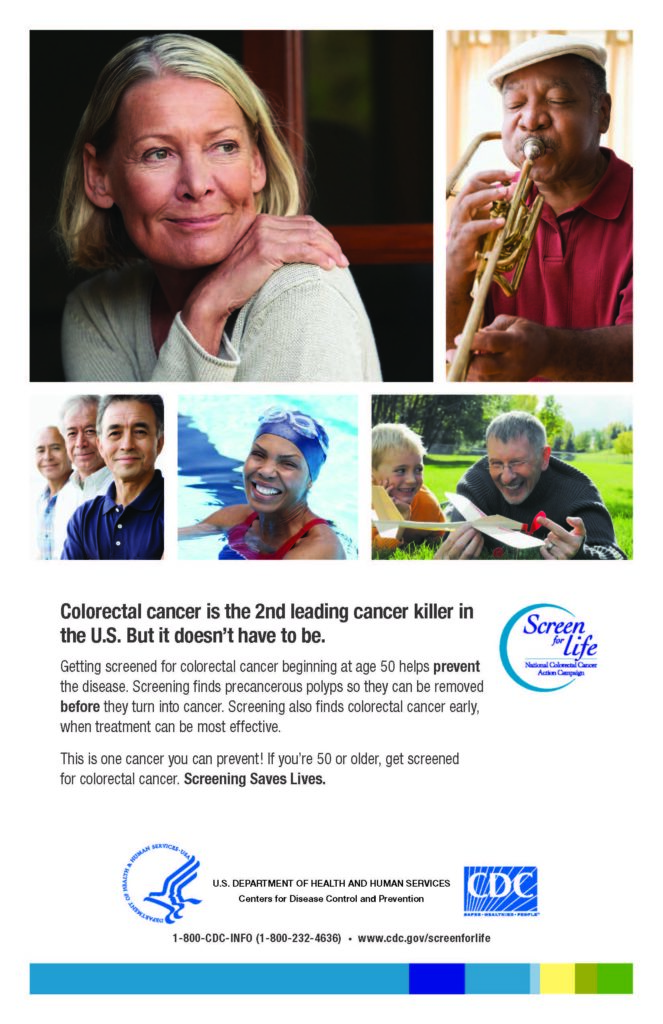
Member Spotlight: Clinic ‘champions’ increase screening rates for colorectal cancer
For more than 35 years, a bustling health clinic in south-central Madison has served a diverse and under-insured community. In 2016, clinic staff identified a gap: too many patients at risk for colorectal cancer weren’t getting screened.
The Joyce & Marshall Erdman Clinic is part of Madison’s Access Community Health Centers. Access has a strong focus on prevention and a long-time track record of offering high-quality, low-cost care. Yet staff had no systematic way to screen qualified patients for colon cancer — the second-most common cancer in Wisconsin.
More than half of all Access patients are people of color, 60-70% are on BadgerCare, and 15-20% have no insurance at all. The racial disparities in colorectal cancer incidence and mortality, and the fact that early detection is critical, inspired staff to take action.
In 2017, the Erdman clinic rolled out a pilot project to get more patients screened.
“Drawing on expertise from across the agency, we asked ourselves, ‘What are we doing around colorectal cancer?'” says Judy Keel, director of grants and project management for Access. “We didn’t even have a procedure or guideline for how people should be screening.”
So they created a guideline based on current USPSTF recommendations to establish a consistent colorectal screening process for patients ages 50 to 75. Then they changed staff workflows to get home screening kits into the hands of as many patients as possible.
Between February 2017 and February 2018, they distributed 286 Hemosure iFOB kits. Patients could collect stool samples at home and then return the kit to the clinic, where staff could read the results without having to send the samples to a laboratory.
Patien ts were “way more responsive than we thought they would be,” Keel says. Of the 286 kits distributed, 204 came back — a 71% return rate.

Ingredients for Success
To make this happen, clinic staff creatively used existing tools, reduced language barriers for patients, and relied on strong staff buy-in — strategies in line with the WI CCC Plan .
For example, they changed how they used electronic health records to better capture screening reminders; created handouts in English and Spanish that have been well received by patients; and rewrote the kit instructions in more accessible language and translated them into Spanish.
Most important were the “provider and support staff champions [who] trained other staff and talked about the importance of colorectal screenings,” Keel says.
“Our support staff do an amazing job and a lot of work. This could have been looked upon as just one more thing they have to do, but their support and interest have been excellent. We share the results as we go, to show them how this is making a difference for our patients.”
Results and Next Steps
So far, the kits have identified 20 patients who needed colonoscopies to remove polyps, and one patient with colon cancer who needed surgery.
Initially, the kits were offered to patients coming in for appointments who were flagged for screening. In the next phase, staff will begin reaching out to patients who haven’t had a regular visit but who are higher risk for colorectal cancer.
The project has been so successful it’s now spread to a second Access medical clinic. In September 2017, the project earned Access Community Health Centers a Performance Excellence Award from the WI Primary Health Care Association.
The WI Cancer Council is thrilled to welcome Access Community Health Centers as one of our newest members!
